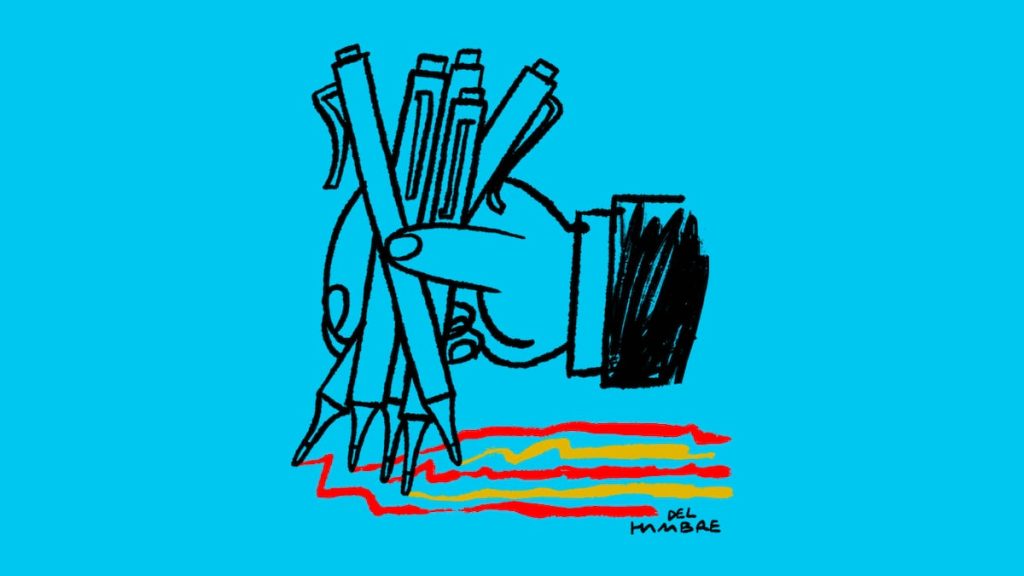The Catalan elections have shown that the logic of war and tribalism is reflected in the polls when campaigns are designed to feed polarization. Salvador Illa is praised for avoiding the temptation to capitalize on antagonisms and self-absorbed logic, thus managing to crack a seemingly petrified block while also showing generosity in victory by committing not to humiliate the defeated. The danger of using the friend/enemy logic in politics is that after elections, the exclusion of the defeated is imposed, rather than caring for them. Therefore, it is important to govern for everyone, regardless of where they come from or what language they speak. We are living in times of identity struggles, fueled by the fear that people may choose freely what they want to be. This can be seen in the examples of Vladimir Putin and the invasion of Ukraine, highlighting the importance of understanding and respecting differing opinions in politics.
Bringing these reflections to the upcoming European elections, one of the main challenges of democracies is to break the bubbles that surround us. The European crisis is related to the emergence of political tribes that do not fit into the traditional ideological patterns that allowed for common conversation. Many leaders can say outrageous things today because citizens have chosen to eschew any community of understanding in favor of tribal emotions. This is explained by political scientist Ivan Krastev, who highlights the paradox that the number of irregular immigrants in Italy has increased since Giorgia Meloni came to power, yet concerns about migration have diminished. Extreme right-wing parties are rewarded simply for their hostile rhetoric towards immigrants, as some voters prioritize having a government that openly expresses their hatred of immigration. This illustrates how facts have become less important to us, as we seek emotional security in a promise of an alternative world.
The alternative reality is not created by alternative facts, but by effective symbols that promise a stable and predictable future, a world of apparent consistency that is more suited to the mind’s needs than reality itself, as described by Hannah Arendt. Meloni understands that her discourse of hatred is more useful than facts because people prefer their bubbles to the complex reality of disagreement. However, breaking these bubbles is possible through open dialogue. Ultra-right parties often claim to be the only ones speaking the blunt truths in public discourse, revealing what they call “uncomfortable truths,” which are openly false. They do this because traditional politicians have chosen to avoid uncomfortable topics or mimic the ultra-right rhetoric. In Catalonia, while the PSC remained silent on immigration, Feijóo warned in Cornellà, in the style of Abascal, about the danger of others “occupying our homes and properties.” Therefore, it is important to differentiate between political parties in the upcoming European elections beyond just the national flags they claim to defend.
In conclusion, it is essential to break through the bubbles that enclose us and engage in open dialogue to address uncomfortable truths and complex realities. Political leaders must strive to govern for all citizens, regardless of their backgrounds or beliefs, in order to foster a more inclusive and understanding society. By avoiding the temptation to capitalize on divisions and embracing a politics of empathy and respect, we can work towards a more cohesive and united future. Ultimately, the power of dialogue and open communication can pave the way for a more harmonious and accepting society, where differences are celebrated rather than weaponized for political gain. Only by acknowledging the complexities of our society and engaging in meaningful conversations can we move towards a brighter and more inclusive future for all.


